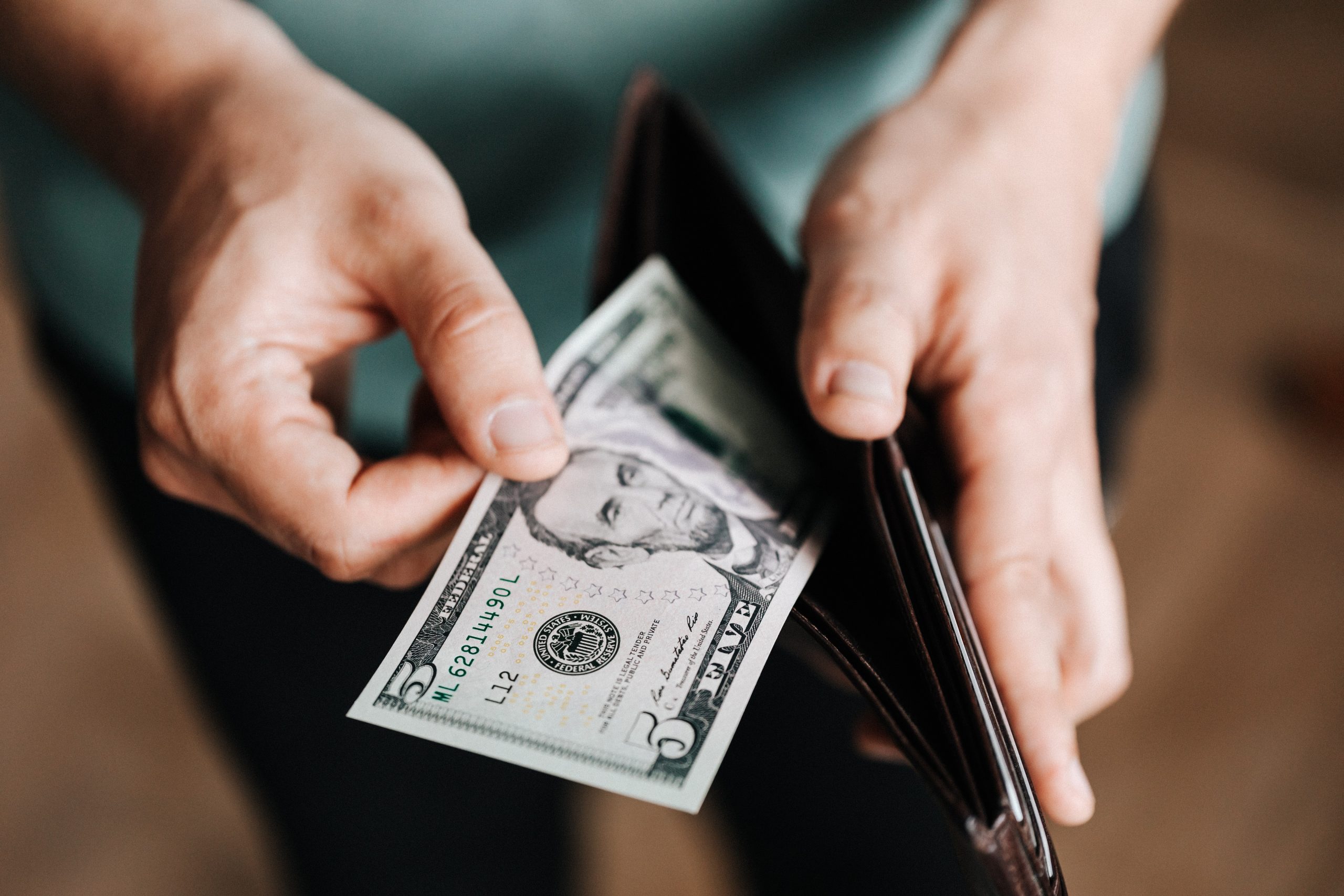There was no other way for people to procure financial services but to visit a physical bank in the past. On top of the hassle of going to the branch, people also have to adhere to limited banking hours. Luckily today, there’s a merger happening between banking and technology in the form of fintech or mobile banking apps.
Digital banking is a top choice when it comes to conducting transactions and managing our finances. This decision is mainly due to the convenience it offers, given that the majority of us always bring our phones.
Since many people rely on mobile apps for banking, it’s up to the developers to ensure the security and reliability of their apps. One way for app developers to accomplish this is to utilize mobile app testing services before the app’s release date. This application testing software will comprehensively assess the fintech app so that the creators can immediately detect problems and weaknesses in the app.
Ease of Transactions
Going to a physical bank for financial services is time-consuming and troublesome. You still have to wait in cue aside from finding free time within the bank’s operation hours.
With financial technology apps, you don’t have to worry about all of this. You can easily handle your finances with just a few taps on your smartphone. Among the things you can do with fintech apps include checking your balance, transferring funds, depositing checks, and finding ATM locations near you. You can do all of this at any time and place that is convenient for you.
On-demand Access To Banks
One of the problems with the traditional banking systems is that they have limited hours. As a result, people can no longer reach their bank outside the latter’s operating hours. Digital banking solves this problem by giving users 24/7 access to their financial assets. You don’t even need to have a desktop computer or laptop to access your wealth. You can do this while you’re working, traveling, shopping, and even at the moment that you wake up.
Cashless Mobile Payments
Gone are the days when you have to pay your bills in cash. Cash payments are incredibly inconvenient since you have to wait for a long time in lines until you can pay for your internet, water, or electric bill. Additionally, paying in cash can be troublesome if you have to pay for a series of goods and services. For example, you have to pay for getting your nails done, eating at a restaurant, shopping, and buying groceries.
With mobile payments, you simply have to take out your phone and pay for your bills instantly—no more hassle of giving out cash and receiving change since you can pay for the exact amount. According to the data from Statista, mobile transactions are the most popular form of online payment globally.
More Liquidity About Where Your Money Goes
Mobile banking gives you receipts for your previous transactions. It can help you track where you spend most of your money and how much you’re spending. Besides this, the records will also reflect the date and time when you performed particular dealings. Furthermore, mobile banking also helps you monitor which transactions failed, are still pending, or have been successful.
Helpful in Saving and Budgeting
Real-time monitoring of your financial assets can help you determine how much money you still have left. In turn, this can help you budget your remaining funds and organize your assets.
Most fintech apps also have a save feature that allows users to allot money for their savings. These savings grow over time depending on the interest rates that your bank offers.
Security of Financial Assets
The majority of the fintech apps you can download from app stores have undergone security tests. Simply put, these banking apps have security measures in place to safeguard their users while using the mobile application.
Besides inputting your unique username and password, some banks have added security features. An example of this is the two-factor authentication which requires you to input a verification code sent to your phone or email. Other banking apps use biometrics for security such that the app has to verify that it’s you through fingerprint or facial recognition.
High Flexibility
But apart from these, fintech also offers more control and flexibility in terms of managing your finances. You already know that you can pay bills, send and receive money via mobile banking apps. You can also deposit checks, invest, apply for a loan, and buy insurance depending on your bank’s services. Many other developers add more features to their digital banking apps to leverage over their competitors.
Given the numerous benefits that fintech offers, it is, without a doubt, the future of banking and financial management. It’s only up to you to choose the right bank to use that can cater to all your needs and provide you with a wide range of services.
Similar Posts:
- The Convergence of Fintech and Cryptocurrencies
- What Bank Is Associated With Netspend?
- Cash Out and Cash In: How Fintech Solutions Are Reshaping Online Poker for Australians
- Can I Delete A Transaction On My Bank Account Bank Of America?
- Why Is My Td Bank Debit Card Declined?
- How Do I Close My Commbank Savings Account?
- Heritage Bank Internet Banking 2022 Android And Ios Devices
- Can I Close My Capital One Bank Account Online?
- The Ways Gamification Changes the Banking Industry
- Can You Delete Cash App Activity?
